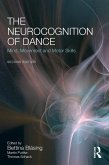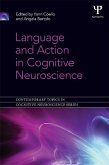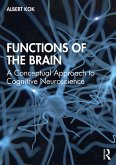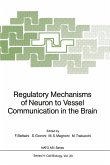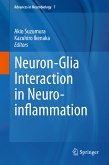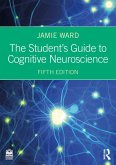Mirror neurons may hold the brain's key to social interaction - each coding not only a particular action or emotion but also the recognition of that action or emotion in others. The Mirror System Hypothesis adds an evolutionary arrow to the story - from the mirror system for hand actions, shared with monkeys and chimpanzees, to the uniquely human mirror system for language. In this accessible volume, experts from child development, computer science, linguistics, neuroscience, primatology and robotics present and analyse the mirror system and show how studies of action and language can illuminate each other. Topics discussed in the fifteen chapters include: what do chimpanzees and humans have in common? Does the human capability for language rest on brain mechanisms shared with other animals? How do human infants acquire language? What can be learned from imaging the human brain? How are sign- and spoken-language related? Will robots learn to act and speak like humans?
Dieser Download kann aus rechtlichen Gründen nur mit Rechnungsadresse in A, B, BG, CY, CZ, D, DK, EW, E, FIN, F, GR, HR, H, IRL, I, LT, L, LR, M, NL, PL, P, R, S, SLO, SK ausgeliefert werden.
Hinweis: Dieser Artikel kann nur an eine deutsche Lieferadresse ausgeliefert werden.



